A recent email exchange (true to meaning, not to content):
To me: Thanks for the favor you were under no obligation to do. Sorry for not doing the one thing you wanted me to do. I should have done it.
My response: You still can.
I haven’t heard a word. So not really sorry, I guess. It’s got me thinking about the “non-apology apology,” the linguistic gymnastics we go through when we want to feel better about ourselves without the actual work of contrition, confession, and making amends.
“I’m sorry for whatever I did that offended you,” is not an apology. It’s a “I’m sorry I got caught being an asshole, but if you weren’t so sensitive I wouldn’t be uncomfortable right now.” “I’m sorry you’re angry, or hurt, or irritated,” is not an apology. It makes the other person’s feelings the problem. And they are the problem – for you. Those feelings hold up a mirror that shows an unattractive reflection and who of us wouldn’t like that to just go away?
An apology doesn’t begin with “if” or end with “but.” “I’m sorry if your feelings are hurt, but I had a bad day,” says, “Your feelings are like a mosquito buzzing in my ear. I’m all that really matters.” The “before you get mad, let me explain…” followed by prattling on with reasons, explanations, and justifications is not an apology. It’s an attempt to avoid consequences like messy emotions and uncomfortable outbursts. It’s the conversational equivalent of a muzzle that we use because actually putting your hand over someone’s mouth is rude.
A real apology doesn’t cover over or push away the experience of the one you wronged. A real apology doesn’t pretend it never happened. A real apology takes responsibility for your actions and their consequences: “I’m sorry I said what I said. It was rude and thoughtless.” “I’m sorry I didn’t do what I said I was going to do. You were counting on me and I let you down.” “I am sorry I hurt you. I deeply regret it.”
What if we don’t deeply regret it? What if we aren’t sorry? Last week I received an email from a member of Northbrook’s community expressing disappointment that our church was going to host to a Roman Catholic woman priest’s ordination. Writing a response like, “I’m sorry you feel that way…” or “I’m sorry what we did disappointed you…” would have been easy, but a lie. I wasn’t sorry – not one bit.
Sometimes someone’s hurt at our action or anger at our words causes us to see things in a new light. We have a pang of guilt that tells us we’ve done something wrong. We apologize and make amends. But my neighbor’s response did not cause me to reconsider. My email back to him was respectful, stated the esteem in which hold the clergy of the local Roman Catholic churches and my value for their congregations’ ministry. My email did not include the phrase, “I’m sorry.”
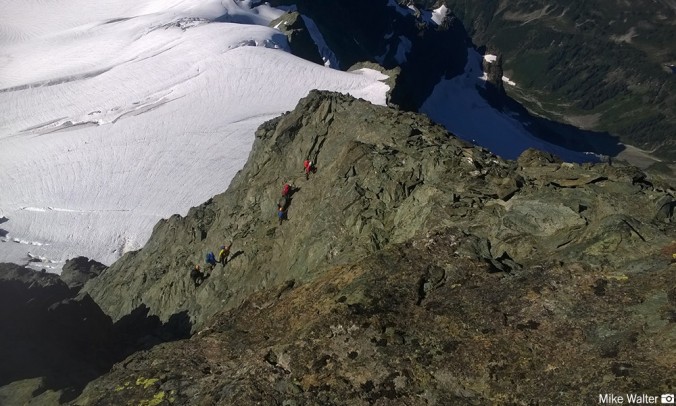
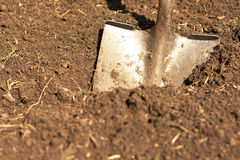
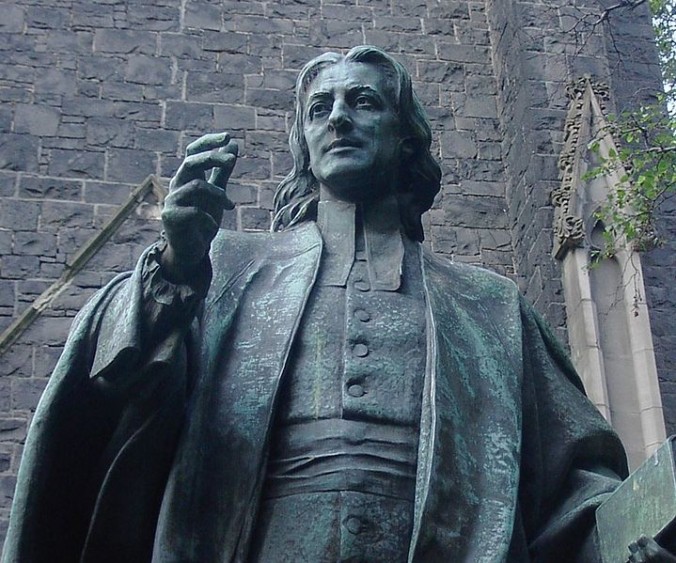
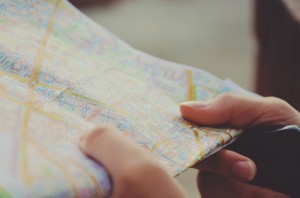
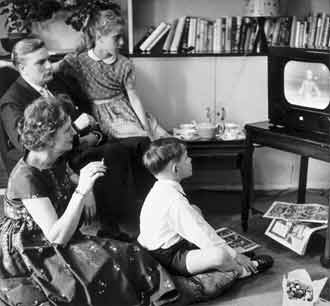

Recent Discussions